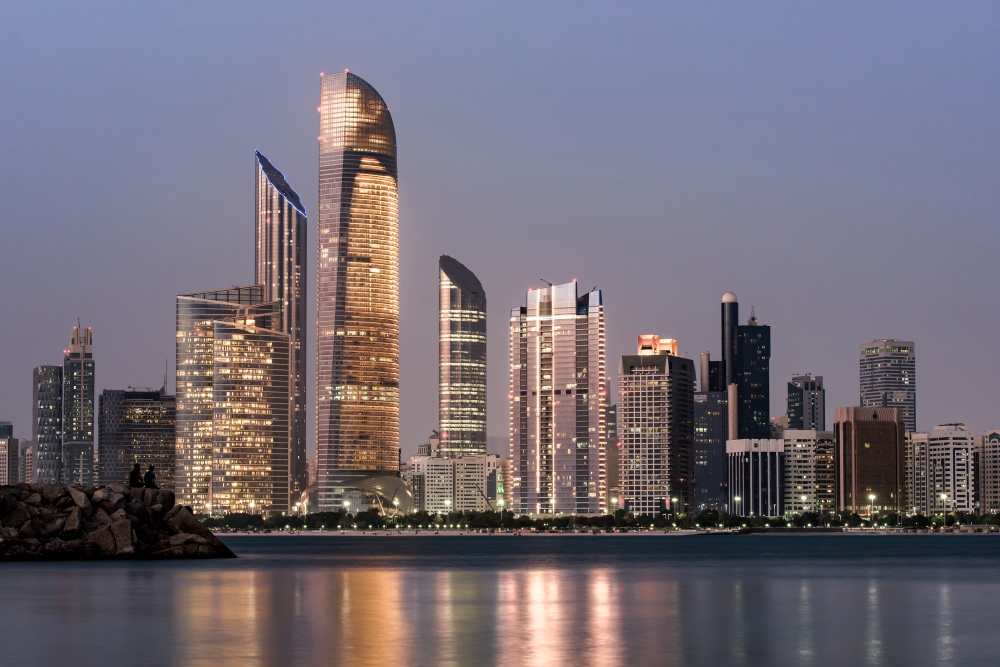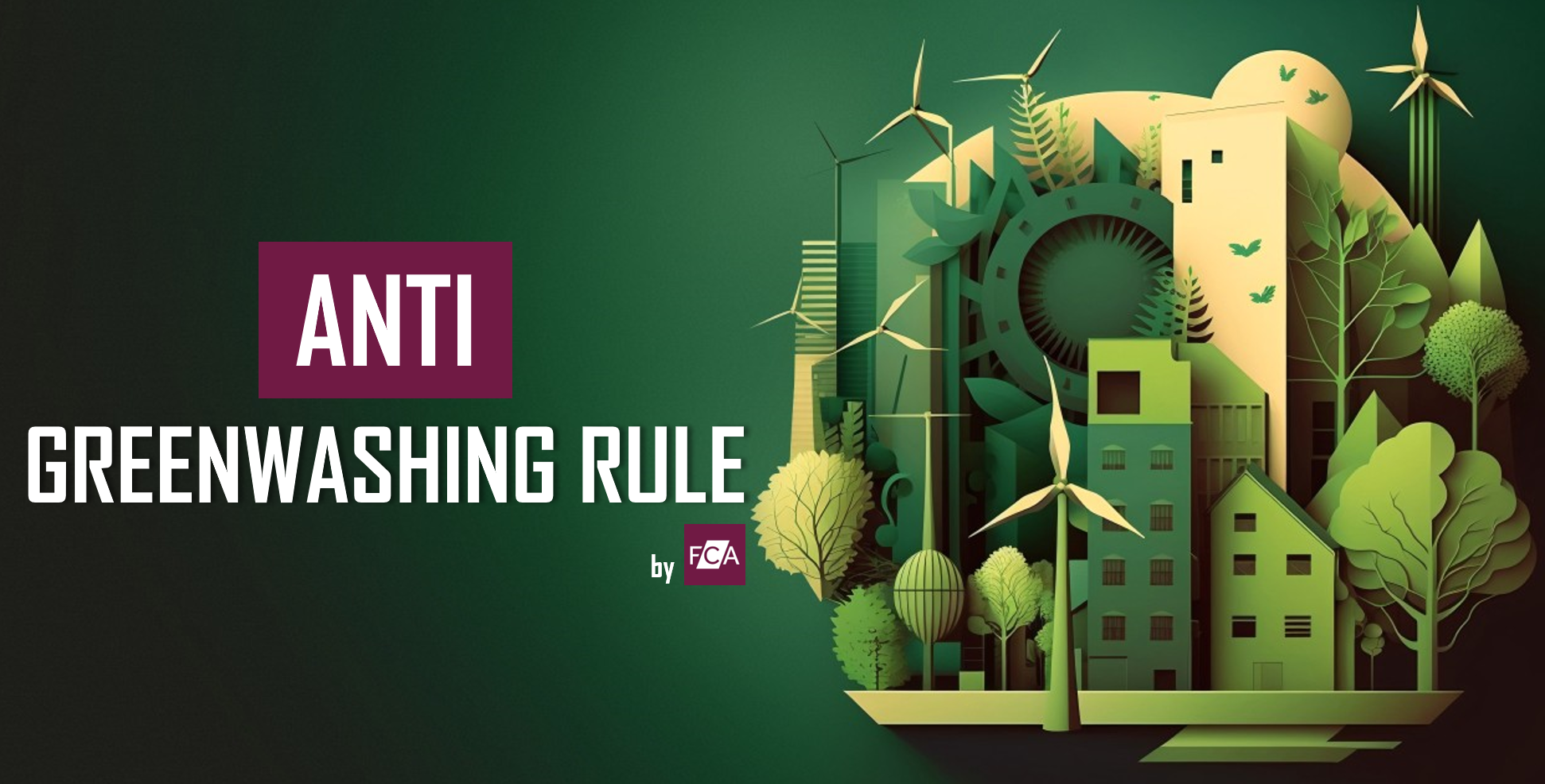Abu Dhabi Launches International Carbon Measurement, Reporting and Verification Programme for 2026
Abu Dhabi launched an international Carbon Measurement, Reporting, and Verification (MRV) programme aimed at supporting the transition to a low-carbon economy and achieving the goal of reducing emissions by 22% by 2027. The programme aligns with global standards, including the UNFCCC and the Paris Agreement, and will include annual emissions verification starting in 2026. A key step involves close collaboration between the public and private sectors to ensure transparency and effectiveness in combating climate change.

In December 2024, Abu Dhabi officially launched an international carbon measurement, reporting, and verification (MRV) programme aimed at accelerating the emirate's transition to a low-carbon economy. This move supports Abu Dhabi's ambitious goal of reducing carbon emissions by 22% by 2027 and achieving net-zero emissions by 2050.
The MRV programme is aligned with global standards, such as the UNFCCC and the Paris Agreement, ensuring precise emissions tracking and enhancing international competitiveness. Transparent data is essential for evaluating climate policies, including carbon pricing mechanisms, and reinforces Abu Dhabi's commitment to carbon reduction.
Key Objectives and Functions
The MRV system seeks to standardise greenhouse gas (GHG) emissions reporting in Abu Dhabi's industrial and energy sectors, creating reliable data that complies with global standards. It plays a critical role in promoting innovation, transparency, and global competitiveness.
The main features of the programme include:
- Annual monitoring, reporting, and verification: Major emitters will be required to monitor and report their emissions annually, with the first reports due in 2026. This ensures consistent tracking and transparency of emissions;
- Collaboration with public and private sectors: Close cooperation between government and industry will ensure consistent emission thresholds and reporting requirements, aligning both sectors’ efforts toward common decarbonisation goals;
- Introduction of carbon pricing mechanisms: The programme establishes a foundation for implementing carbon pricing, supporting decarbonisation in high-emission industries by incentivising emission reductions.
Support for Industry
The MRV programme is critical for industries such as Emirates Global Aluminium (EGA) in meeting regulatory requirements and achieving sustainability targets. This initiative is a significant step toward Abu Dhabi’s goal of achieving net-zero emissions by 2050, supported by both government and private sector partnerships.
As Dr. Shaikha Al Dhaheri, Secretary-General of the Environment Agency – Abu Dhabi (EAD), stated, "We are integrating new mandatory monitoring and reporting (MRV) measures into our broader carbon emissions accounting system as part of our national plans to achieve net-zero emissions by 2050."
Operational Leadership
EAD will oversee the MRV programme, driving the development of clean technologies to meet the UAE’s climate targets for 2050. The agency has worked closely with federal, local, and private sector partners to develop the system in line with the goals of COP28 and the UAE’s sustainability consensus. This programme establishes Abu Dhabi as a global leader in decarbonisation efforts, using transparency and collaboration to ensure sustainable economic growth.
Conclusions and Business Benefits
The MRV programme not only simplifies regulatory compliance but also offers businesses clear reporting standards, reducing the uncertainty surrounding carbon emissions. It creates opportunities for businesses, particularly in high-emission sectors, to align with national and international sustainability targets. By engaging with the MRV system, companies can access green financing and investments in clean technologies, improving their reputation as sustainability leaders and boosting their global competitiveness. The introduction of this programme is an essential step in achieving the UAE’s climate goals, positioning businesses for long-term success in an increasingly eco-conscious market.



